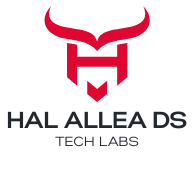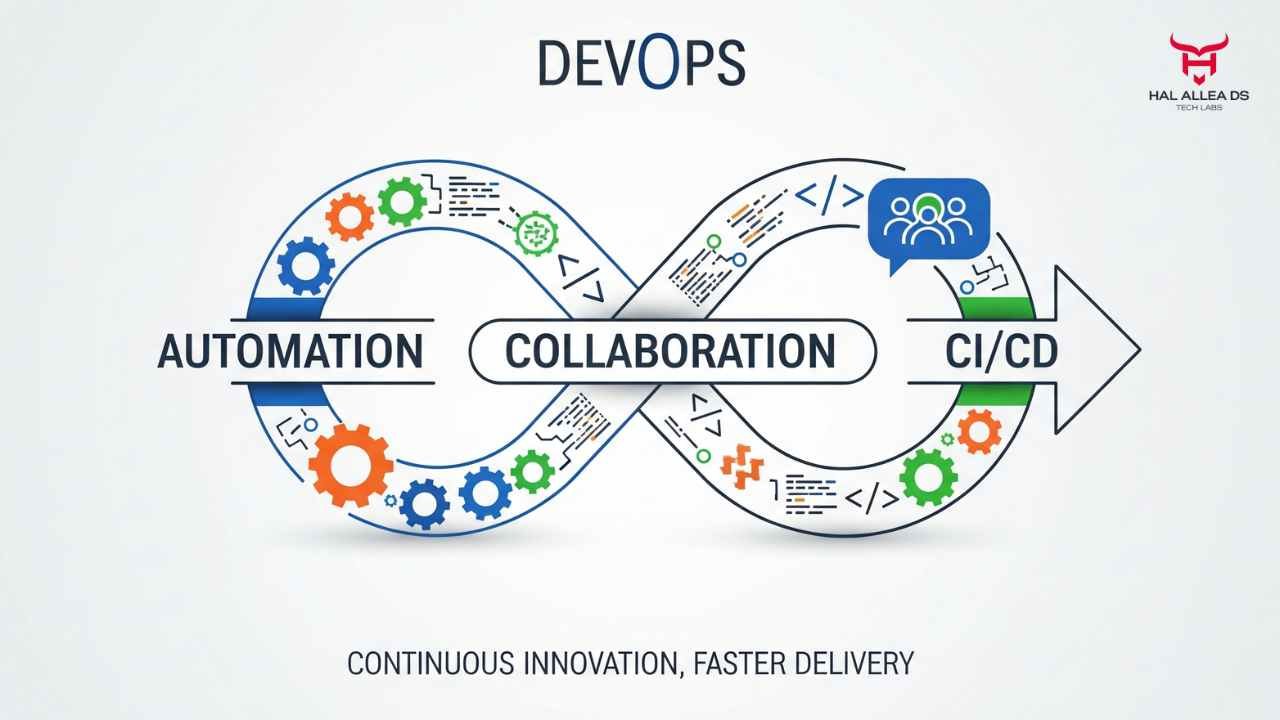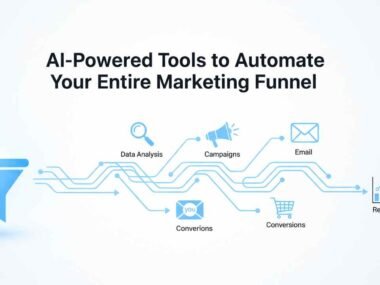In its latest quarterly report, Netflix revealed a 12% year over year increase in engineering spend, a figure that raised eyebrows on Wall Street. Buried in the details was an explanation: a major pivot toward platform engineering, a discipline that promises to unify infrastructure, developer experience, and software delivery pipelines. Investors initially reacted with caution shares slipped 2% in after-hours trading, but industry insiders say the move signals a broader transformation across the tech landscape.
The controversy isn’t whether platform engineering matters. It’s how quickly organizations will dismantle long-established DevOps frameworks to adopt it. The winners, if this shift works, could be CTOs and developers freed from tool sprawl and cognitive overload. The losers? Potentially vendors that built fortunes on the messy patchwork tooling of the DevOps boom, and enterprises that bet heavily on yesterday’s model.
The Data
Here’s what the numbers say—beyond the hype.
- According to Gartner’s 2024 State of DevOps Report, platform engineering adoption grew from 15% in 2022 to 48% in 2024, with Gartner projecting it will surpass 80% by 2027 among large enterprises.
- A Puppet study published in May 2025 concluded that organizations using internal developer platforms—core to platform engineering—reported a 35–40% reduction in lead time for new features compared to traditional DevOps shops.
- Netflix isn’t alone. Spotify and American Express both disclosed in 2025 that over 60% of their software teams now rely on internal platforms, formalizing a company-wide platform engineering strategy.
Here’s the thing: the DevOps era was always messy. Dozens of overlapping tools, endless YAML files, and engineers juggling Kubernetes, Terraform, monitoring dashboards, and CI/CD pipelines. Platform engineering promises something nearly utopian for enterprises—a “golden path” where best practices are baked into platforms, reducing both cognitive load and operational errors.
But is this simply a new label slapped on DevOps, or a genuine structural shift?
The People
Talk to the practitioners, and you’ll hear real frustration mixed with real hope.
A senior Netflix engineer involved in the internal platform rollout told Forbes: “We hit a wall with classic DevOps. Our teams were drowning in complexity—provisioning infra, managing observability, securing APIs—all while writing code. Platform engineering gives us one doorway into all of that. It’s not perfect, but it’s faster and less frustrating.”
Platform gurus are quick to frame this as historical inevitability. Charity Majors, CTO of Honeycomb, said at a recent conference: “Developers don’t want to be plumbers. They want paved roads. DevOps gave us the pipes, but platform engineering constructs the highway.”
Still, not everyone is convinced. A former AWS product manager, now consulting for Fortune 500 firms, told Forbes: “It smells like rebranding. Ten years we said DevOps was about culture, now we’re packaging platforms and calling it the future. The danger is enterprises overpaying for yet another abstraction layer.”
Employees feel the pressure too. A mid-level engineer at a financial services company admitted: “My job security feels tied to whether our firm jumps on this bandwagon. If we don’t, we risk being outdated. If we do, half my current skills become irrelevant.”
The human story underlines the reality: this isn’t just a tooling war, it’s a talent and culture fight.
The Fallout
Analysts are already putting numbers around the consequences.
- Morgan Stanley analysts estimate that companies adopting platform engineering could realize 5–8% IT cost efficiency gains annually by cutting wasted engineering hours and tool licensing.
- But in the short term, the transition is painful. Netflix’s own rising engineering spend is largely attributed to hiring over 200 new platform engineers in 2025 alone. To investors, that looks like swelling costs before promised efficiencies kick in.
- Vendors caught in the middle—think standalone CI/CD platforms, niche infrastructure-as-code start-ups, or observability providers—face existential pressure. If the platform becomes the one-stop shop, many single-purpose DevOps vendors risk consolidation or decline.
For employees, the fallout means retraining or redundancy. Platform engineers are now among the most sought-after roles in the market, commanding median salaries north of $220,000 in the U.S.. Classic DevOps engineers without advanced platform skills? Some are finding themselves sidelined, especially in large enterprises formalizing platform orgs.
Investors are wary but intrigued. A Goldman Sachs tech note in July 2025 hinted that platform adoption could “reshape capital expenditure cycles in cloud,” as CIOs consolidate vendors and negotiate harder with hyperscalers. Translation: if platform engineering really works, AWS, Azure, and GCP may lose leverage in pushing sprawling add-on services.
So, what’s the fallout?
For one, big tech providers are doubling down. Microsoft unveiled Copilot for Platform Engineering in 2025, layering AI-assisted workflows into GitHub and Azure DevOps. AWS quietly rolled out a competing feature under CodeCatalyst, and Google Cloud launched “Application Delivery Platform” tied neatly to GKE. These moves reflect a belief that platform engineering will define the next trillion dollars of developer productivity.
But not all investors are buying it. Goldman Sachs analysts warned in June that platform engineering hype risks “inflating valuations without commensurate near-term revenue.” They noted that while adoption is broad, monetization per customer is thin—many internal developer platforms are built using open-source components like Backstage or Crossplane, reducing reliance on paid cloud services.
For enterprises, the fallout is budgetary and cultural. CFOs now treat platform engineering teams as cost centers, sometimes questioning if the investment cannibalizes developer autonomy. A leaked Slack message from a retail company’s CTO read: “We traded DevOps chaos for platform engineering overhead. Our velocity metrics don’t look much better. Was this worth millions?”
Employees also feel the pinch. Developers who thrived in high-autonomy DevOps cultures find themselves constrained by templates, while platform engineers themselves shoulder pressure to demonstrate return on investment. Attrition in platform teams is creeping upward; LinkedIn data shows a 17% higher turnover rate for “internal platform engineers” in 2024 compared to traditional SRE roles.
Finally, customers aren’t immune. Slower release cycles caused by platform bottlenecks have led to feature delays in fintech, retail, and healthcare software, directly impacting consumer-facing products. Ironically, the promise of speed is sometimes delivering sluggishness.
Closing Thought
Platform engineering promises to fix DevOps by giving developers simplicity and enterprises efficiency. Netflix’s bold pivot brings credibility, but it also raises the stakes for everyone—from smaller vendors clinging to relevance to engineers worried their skills won’t translate.
The greater uncertainty? Whether this is evolution or a passing management fad. Enterprises are betting billions, investors are quietly nervous, and engineers are already divided.
So here’s the real question: will platform engineering truly become the future of DevOps, or will it go down as Silicon Valley’s most expensive game of buzzword musical chairs?












